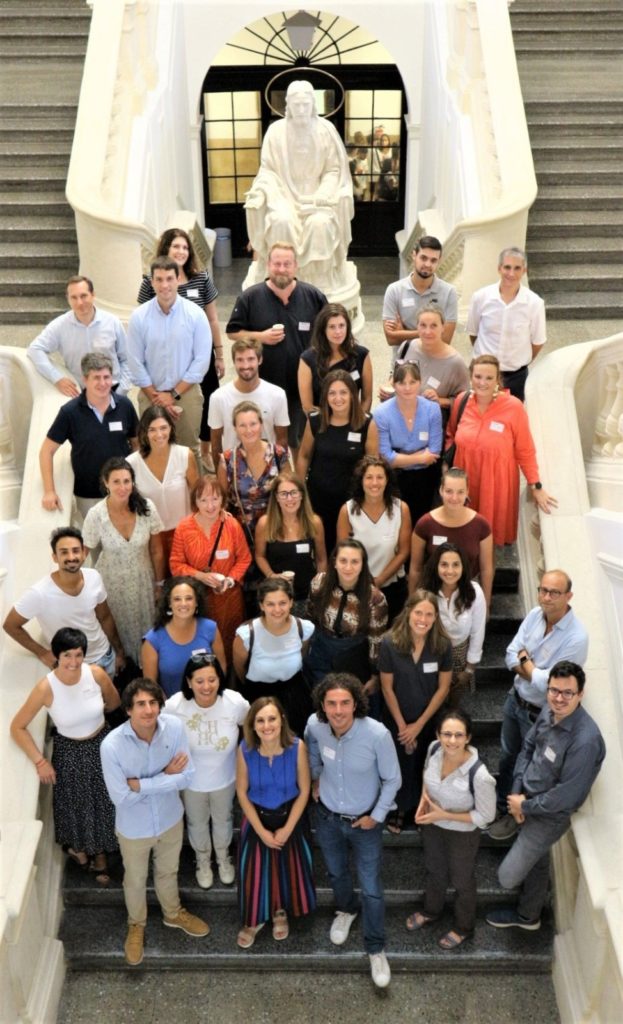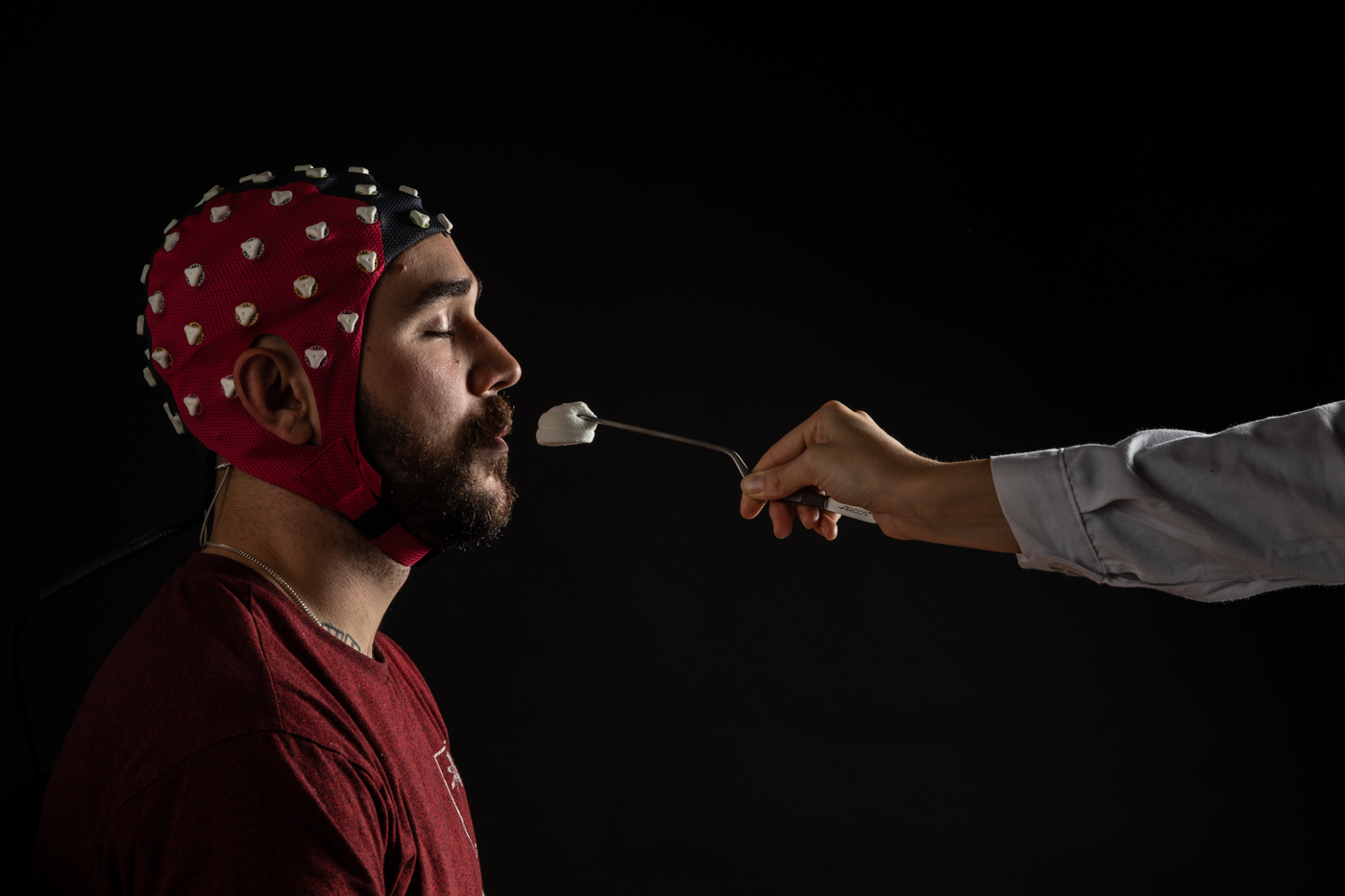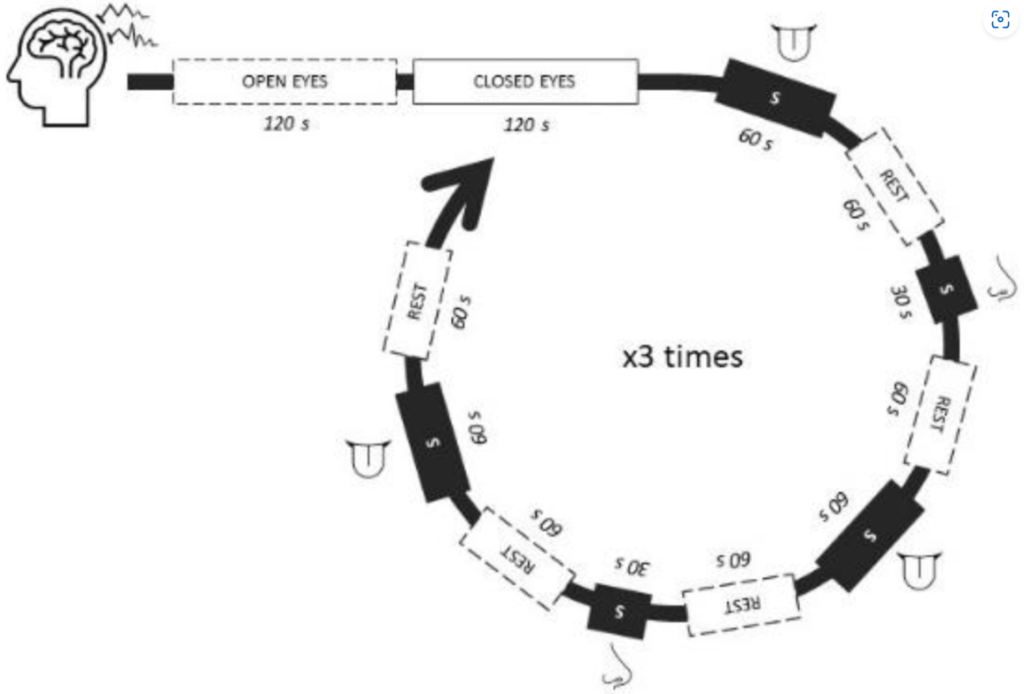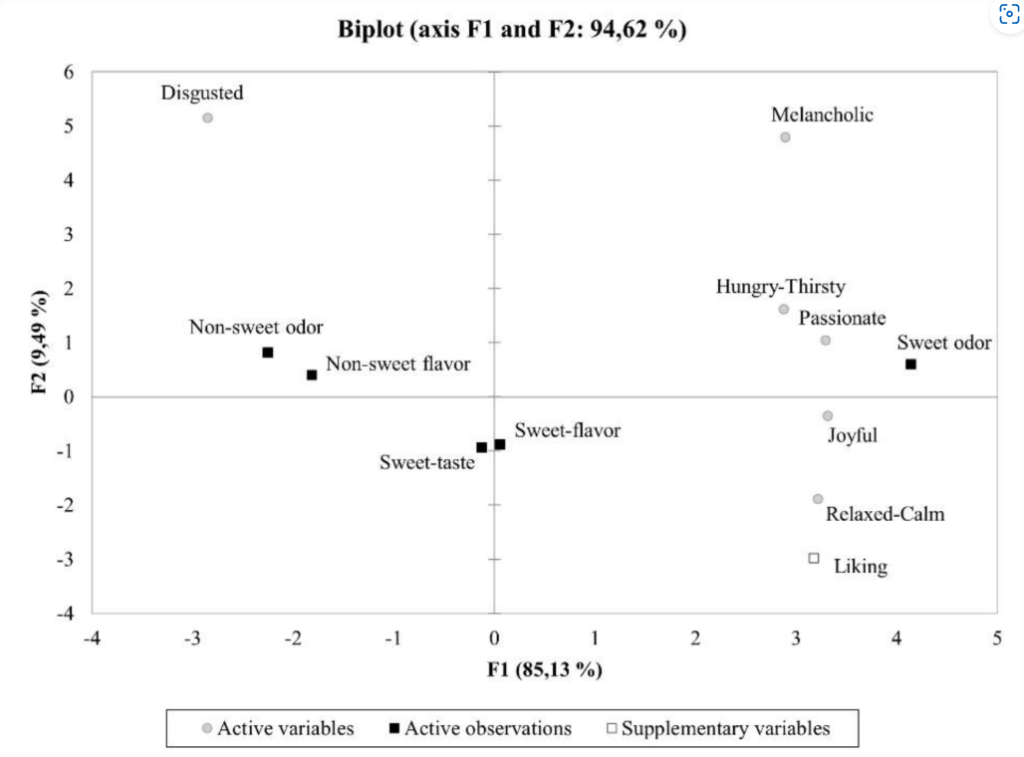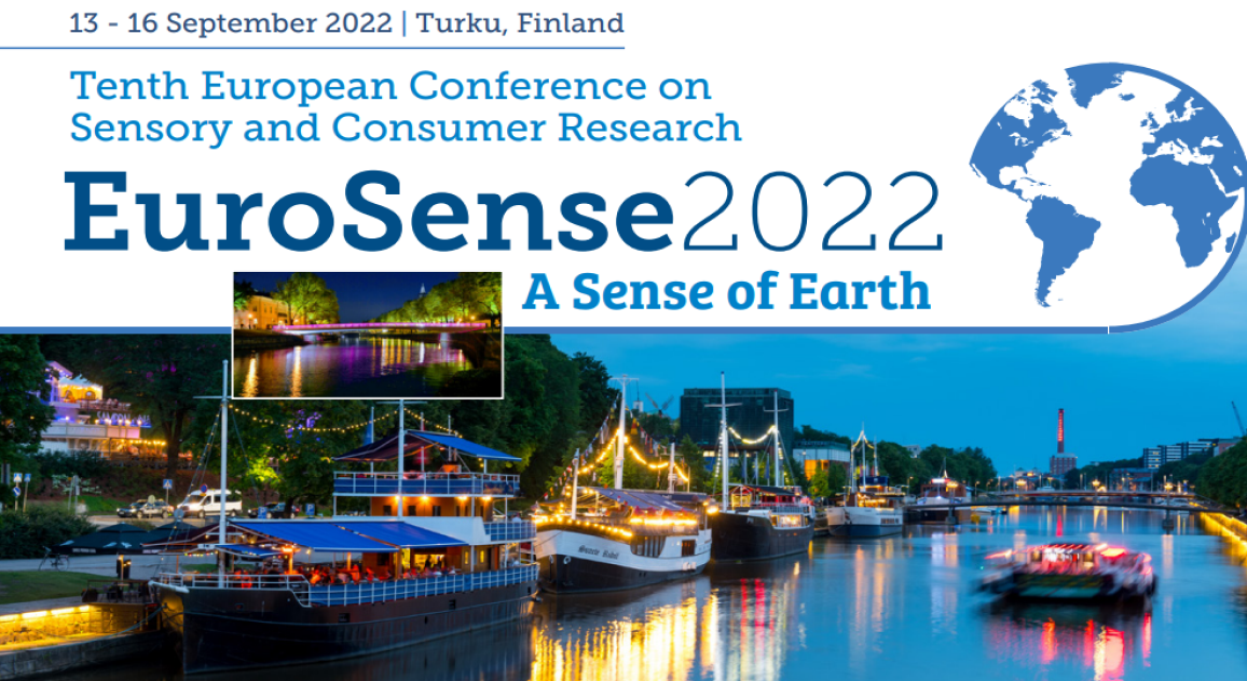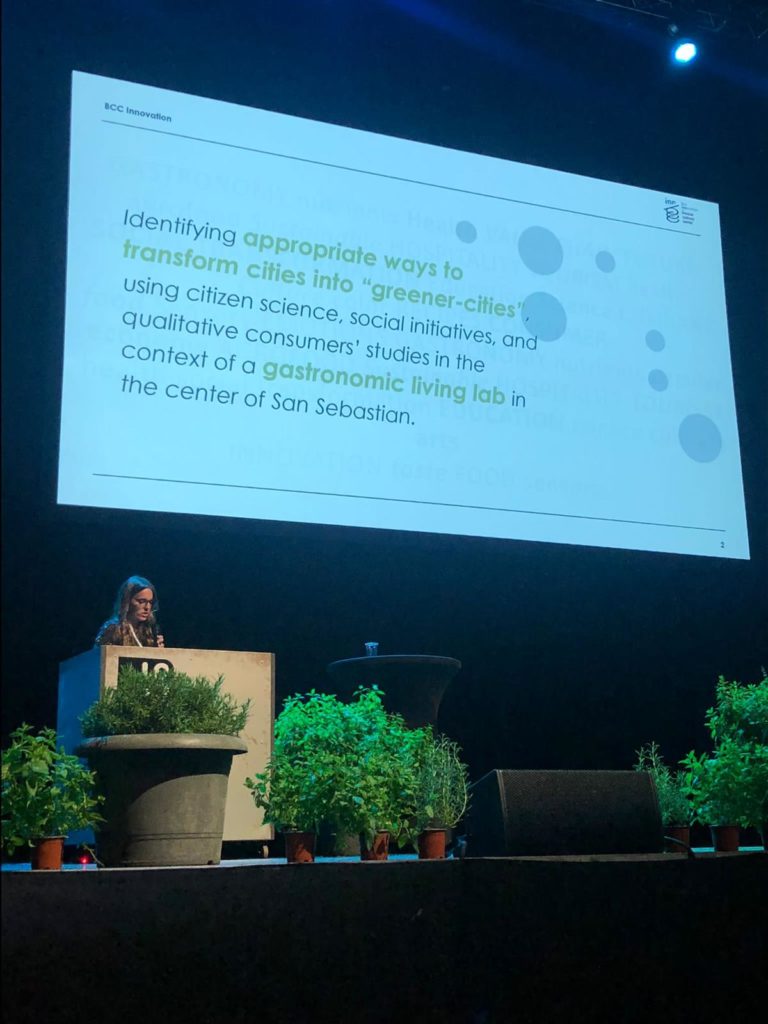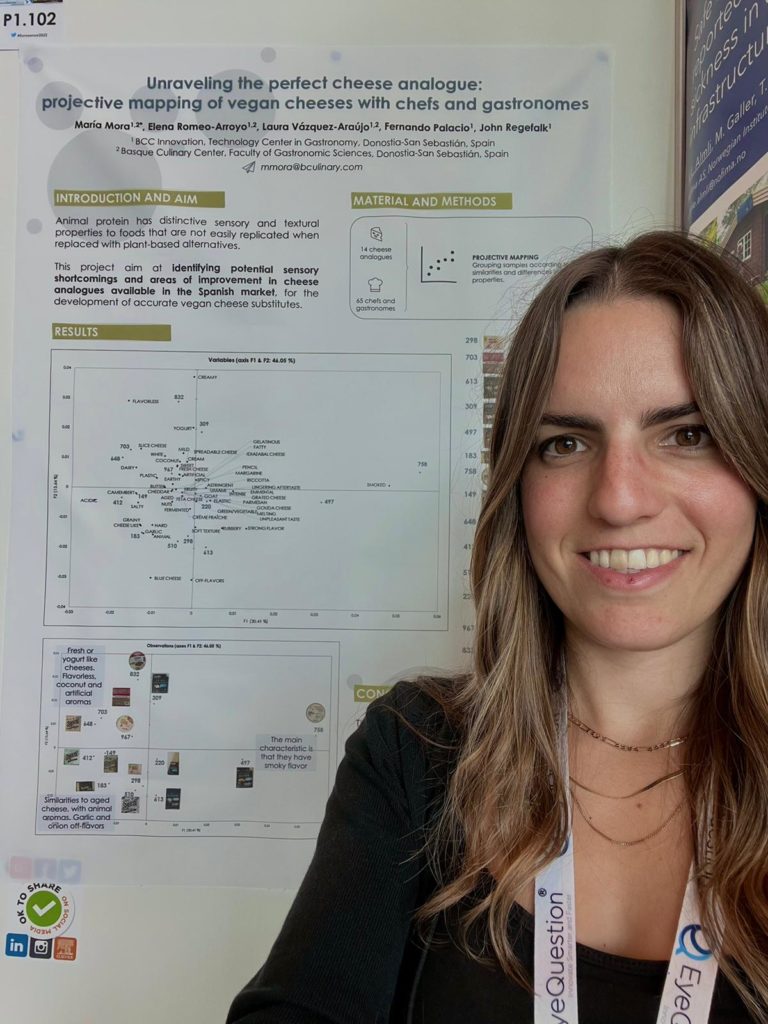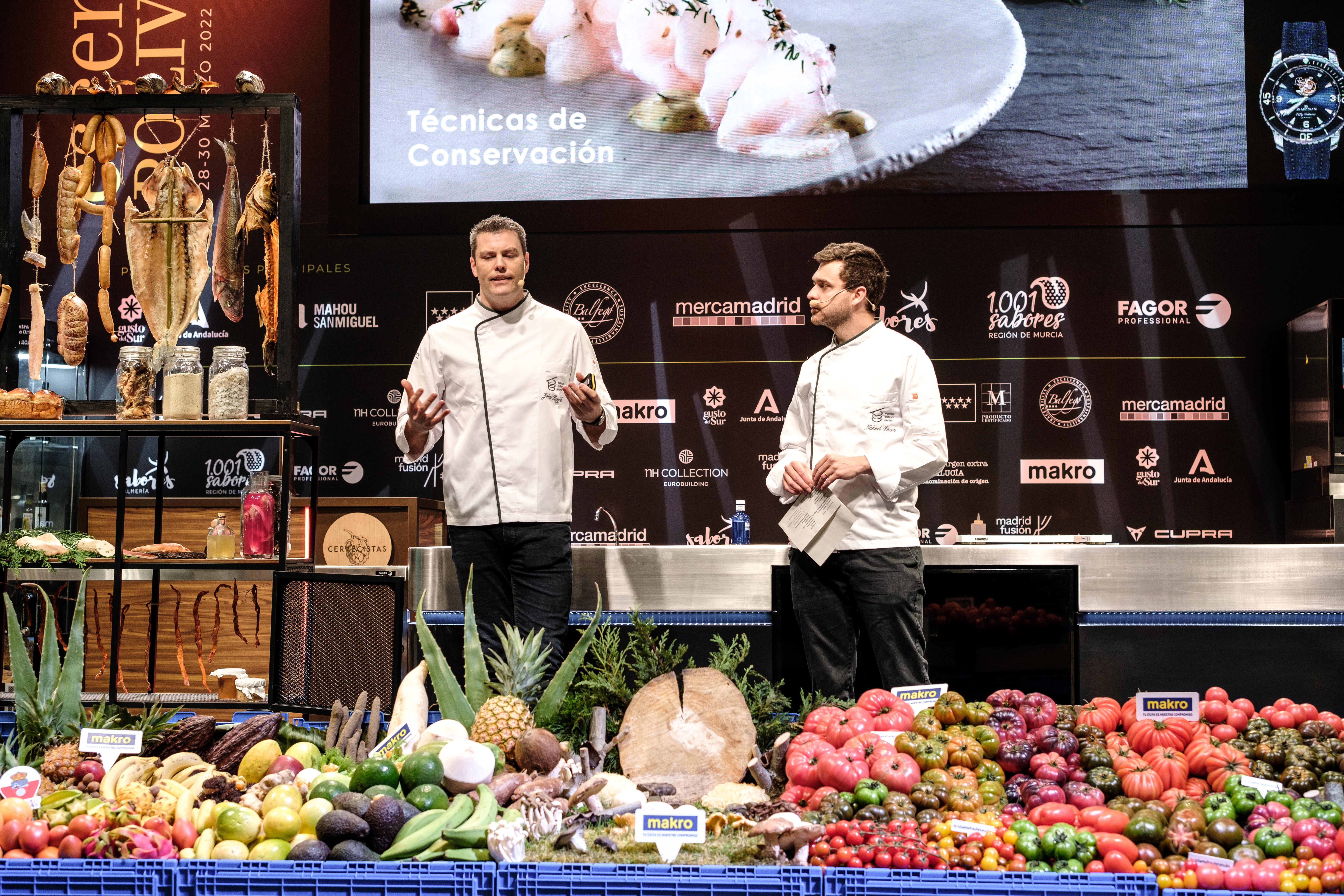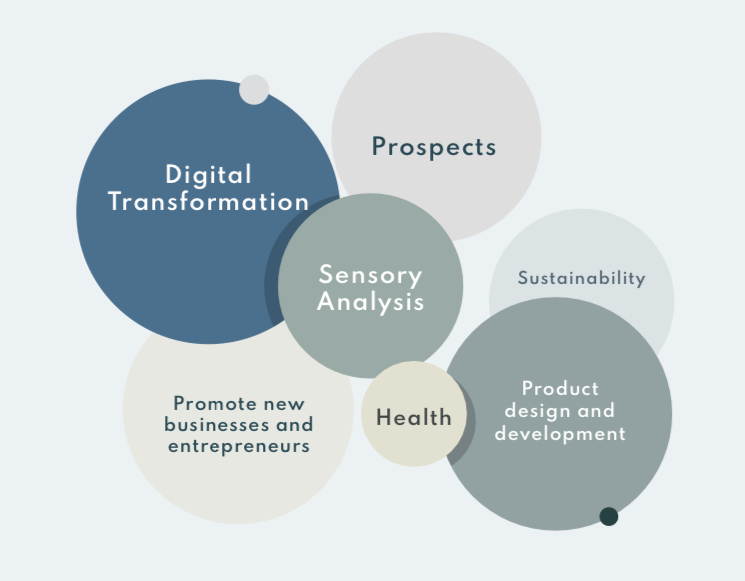Introducing the BCC Innovation Annual Report 2021
It is important to stress how special the year 2021 has been for us. We have celebrated the 10th anniversary of the Basque Culinary Center. 10 years in which: the educational project in the Faculty of Gastronomic Sciences has been consolidated, this Technology Centre specialising in gastronomy has been created (2018), and an initiative called GOe (Global Open Ecosystem) has begun to take shape, through which we hope to strengthen the organisation as a pole of attraction for international talent, and, to this end, since 2019, our open innovation work philosophy has been implemented in our LABe living lab, where it is put to the test in order to it can be consolidated in different sector benchmarks, so that they can continue to build the future of gastronomy with us.
During all these years of growth, our multidisciplinary team (made up of chefs, experts in nutrition and food technology, and technologists in artificial intelligence and big data) has used gastronomy to research, innovate and develop initiatives that have a real impact on the well-being of society.
This year, it could not be otherwise. Throughout the year 2021 we have developed exciting projects in which each area of work of the Technology Centre has been involved and has made every effort to achieve the objectives:
We are committed to several lines of work linked to HEALTH: Through Healthy Gastronomy, which aims to encourage healthy ageing through prevention and/or health promotion, promoting healthy eating habits in society, Personalised and Precision Gastronomy, and Therapeutic Gastronomy, which aims to offer culinary nutritional guidelines that respond to the dietary needs of different disease profiles, favouring adherence and a better prognosis of the disease. Several projects are part of this line of research: "Sukalmena In Age" and "Cita Go-On".
In terms of SUSTAINABILITY, we understand the food system to be at the heart of the mayor challenges facing the world today, particularly climate, ecological, social, and health emergencies. With this in mind, we focus on zero waste, researching good practices to reduce the environmental impact of products, processes, and services, we make use of digital technologies to achieve a sustainable and successful gastronomic model, we integrate eco-design elements in our products and we try to preserve biodiversity. Some of our projects this year: "Building a green gastronomic city" and "Archetype of Gipuzkoa", among others.
For us, SENSORY ANALYSIS is the indispensable tool for understanding the consumer. Therefore, we try to understand the processes associated with the choice and perception of food taking into account the personal situation and the context. In 2021, we have had several research projects related to this line of work, such as: "Buru(t)sen" and "Begi-Digitala".
Another of our work lines is CULINARY SCIENCE, where we attempt to respond to various sector trends such as:
- Paradigm shift: alternative proteins and new ways of eating
- Product sourcing and transparency
- Curiosity towards new ingredients and healthy eating
In this regard, we have developed projects such as: innovation in the dehydrated fruit sector with a new technology, creation of a range of ready-to-eat or ready-to-heat snacks and we have actively participated in the valorisation of products from Ecuador.
The development of a DIGITAL TRANSFORMATION is vital to adapt to the future. With this in mind, we are committed to automating tasks by means of technology to improve the life quality of people, both hoteliers and customers. Through our LABe (Digital Gastronomy Lab) initiative, supported by The Gipuzkoa Provincial Council, we work collaboratively to prototype, test, and co-design new products, services, solutions, and technologies aimed at improving the restaurant experience. In addition, in this testing space, we create experiences with customers such as Eyetracking, 3D food printers.
In the area of PROSPECTIVE of the Future of Gastronomy, we have teamed up with entrepreneurs from the food and rest tech world to generate reflections that contribute value to the design of business strategies and territorial policies, in which innovation is fostered whilst ultimately promoting economic and social development.
As a Technology Centre, we consider SCIENTIFIC DISCLOSURE to be of vital importance so that our knowledge reaches society as a whole. Thus, this year two events led by BCC Innovation have taken place: the "X. Sustainability Conference" co-organised together with the Provincial Council of Gipuzkoa, and on the other hand, "Gastronomy: the health of the future".
Meanwhile, we must not forget that 2021 has also brought its difficulties at both the health and macroeconomic levels. However, thanks to the companies' bet on innovation as a competitiveness formula and their trust in our work, BCC Innovation has achieved significant progress and development as a Technology Centre:
- Turnover
- Impact of our research
- Number of research publications
- Generation of new connections and alliances
As we move into 2022, we are already immersed in new challenges, which we face with enthusiasm and energy, in order to lay the foundations together for a delicious, healthy and sustainable future.
Find out more:


